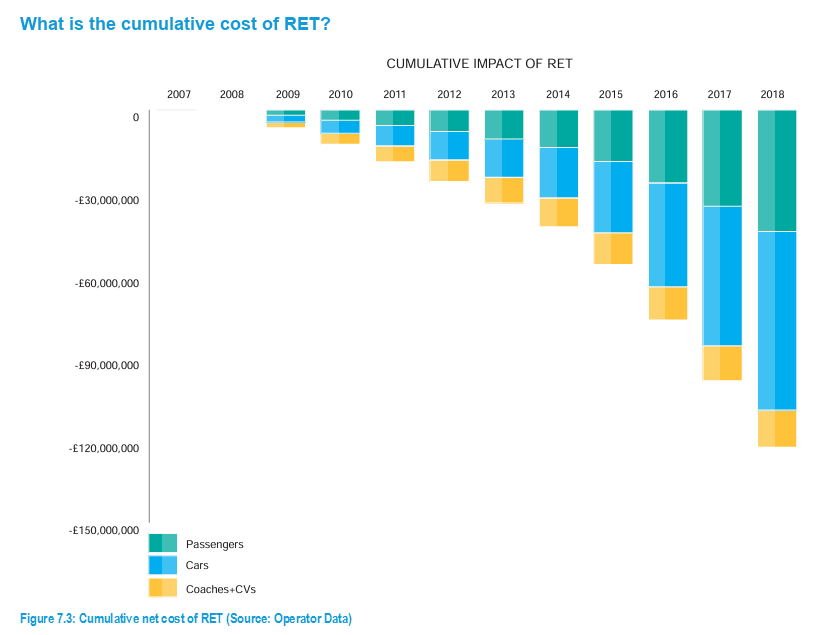As the Herald insists island communities deserve ferry services that are fit for purpose how the Scottish Government transformed their economies in 2020
By johnrobertson834,Professor John Robertson
Copyright talkingupscotlandtwo

In October 2008, Transport Scotland introduced the Road Equivalent Tariff (RET) fares policy as a pilot on routes to the Outer Hebrides, Coll and Tiree (and made permanent in 2012). The principle of RET is that ferry fares should be set on the basis of travelling an equivalent distance by road plus a fixed fare element aimed at cost recovery. RET was intended to reduce the cost disadvantage faced by island communities and promote the islands as places to live, work, visit, invest and conduct business. In 2012, the policy was extended to cover Colonsay, Gigha and Islay. It was then further extended to the two Arran routes and Campbelltown in 2014. Finally, in October 2015, RET was rolled-out to all remaining routes, including the high-volume routes of Oban – Craignure, Wemyss Bay – Rothesay and Largs – Cumbrae.



